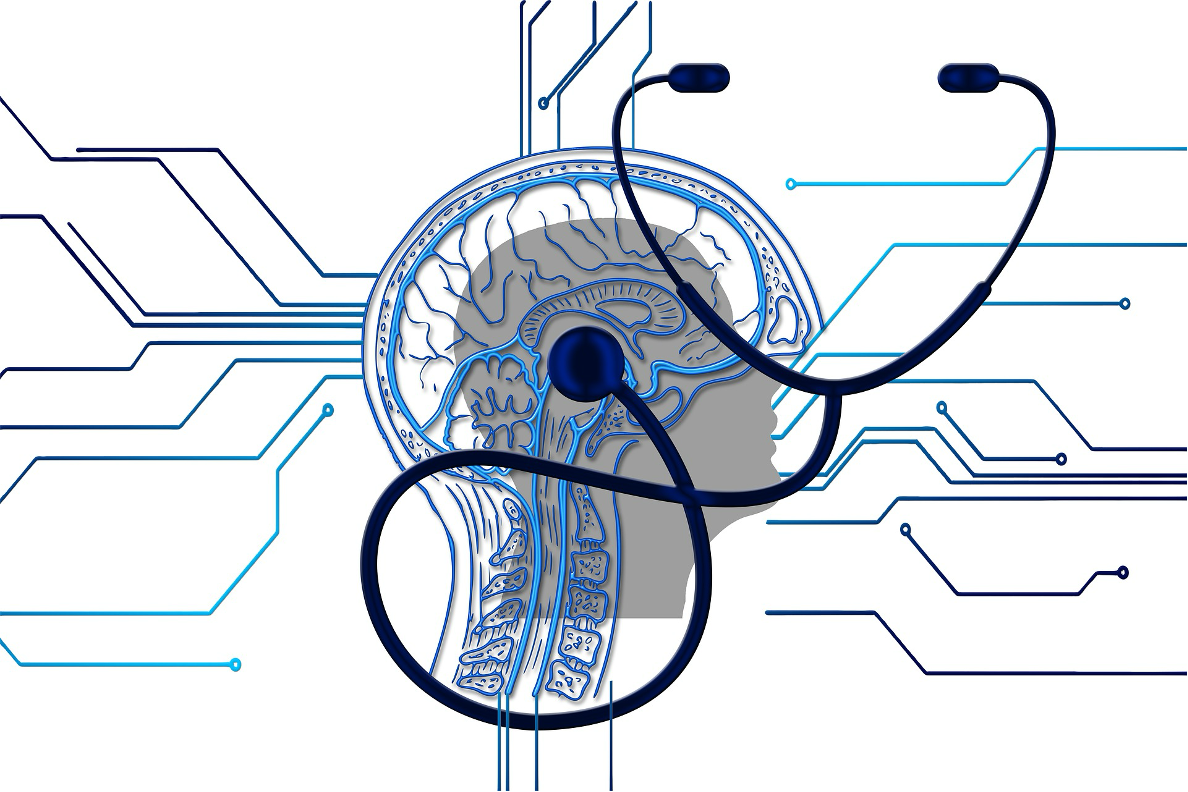“Informatics in the fight for cognitive health”
Artemios Artemiadis is an Assistant Professor of Neurology at the Medical School of University of Cyprus. He graduated from the Medical School of National Kapodistrian University of Athens in 2005 and was board-certified as clinical neurologist in 2016. He achieved his Master of Science degree with distinction, on “The Science of Stress and Health Promotion” from the Medical School of National Kapodistrian University of Athens, in 2011. In 2018, he obtained his PhD degree with distinction by the same University, for his study on the cognition in multiple sclerosis. He has also been certified as clinical investigator by the European Society of Clinical Investigation. His clinical and research interests include multiple sclerosis, cognition, volumetric brain imaging analysis, clinical neurophysiology, psychoneuroendocrinology of stress and a large spectrum of neurological diseases including dementias, epilepsy and stroke. So far, his main scientific contributions include scientific research on cognition in multiple sclerosis and on the role of stress management in neurological and non-neurological diseases. He has authored more than 90 peer-reviewed publications in the field of clinical neurology and stress and has coached and mentored over 50 post-graduate students. He has a long teaching experience in clinical neurology, methodology of stress and stress psychoneuroendocrinology in the affiliated Universities. He is also a reviewer in several reputable peer-reviewed neurological journals.
Assistant Professor Artemios Artemiadis
Medical School, University of Cyprus
Scientific Director of Multiple Sclerosis Unit, Department of Neurology, Nicosia General Hospital
This email address is being protected from spambots. You need JavaScript enabled to view it.; (+357) 22 895268
|
Cognition in
Multiple Sclerosis
Cognitive impairment appears in about 65% of multiple sclerosis (MS) patients and it poses several repercussions on the patients’ lives. Cognitive function in patients with MS is a relative new research field aiming to explore the determinants (i.e. MS-related, brain health, sociodemographic, genetic and epigenetic factors) of cognitive impairment in the disease. By investigating different factors that affect cognition in MS will avail personalized therapeutic approaches in those patients.
My research explores different genetic, epigenetic, imaging and psychological factors that could contribute to cognitive impairment in patients with multiple sclerosis. Our team is well-equipped and skilled to address our research needs as our previous work attests. In collaboration with Centre of Excellence in Biobanking and Biomedical Research University of Cyprus, we are now on the verge of creating our own epigenetic laboratory that will further not only our research but every pertinent neuroscientific investigation in the country.

|
Epigenetic
Factors of Stress
How the epigenetics of stress-related genes regulate human response to future stressors? This heated issue is a matter of extensive research by neuroscientists, especially psychiatrists and psychologists. My interest resides basically on the effect of these epigenetic changes on stress and cognition of patients with multiple sclerosis.
Our primary target is the promoter region of the glucocorticoid receptor (GR; OMIM +138040; NR3C1). Laboratory and few human studies have showed that the hypermethylation at this 1F exon site can be caused by early life stress and is associated with future psychopathology, neurodegeneration, and cognitive impairment. To our knowledge, there is no study examining the degree of 1F exon methylation in multiple sclerosis and its relation to the cognitive function
To this end, the output of this research aspires to give a novel insight into stress and cognition in MS and avail new therapeutic, personalized therapies to these patients.

|



